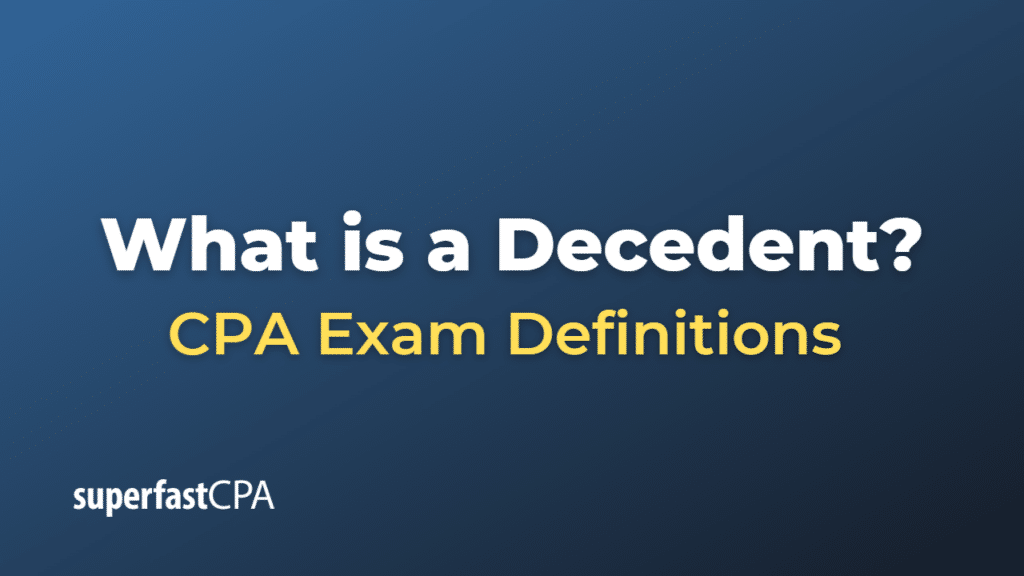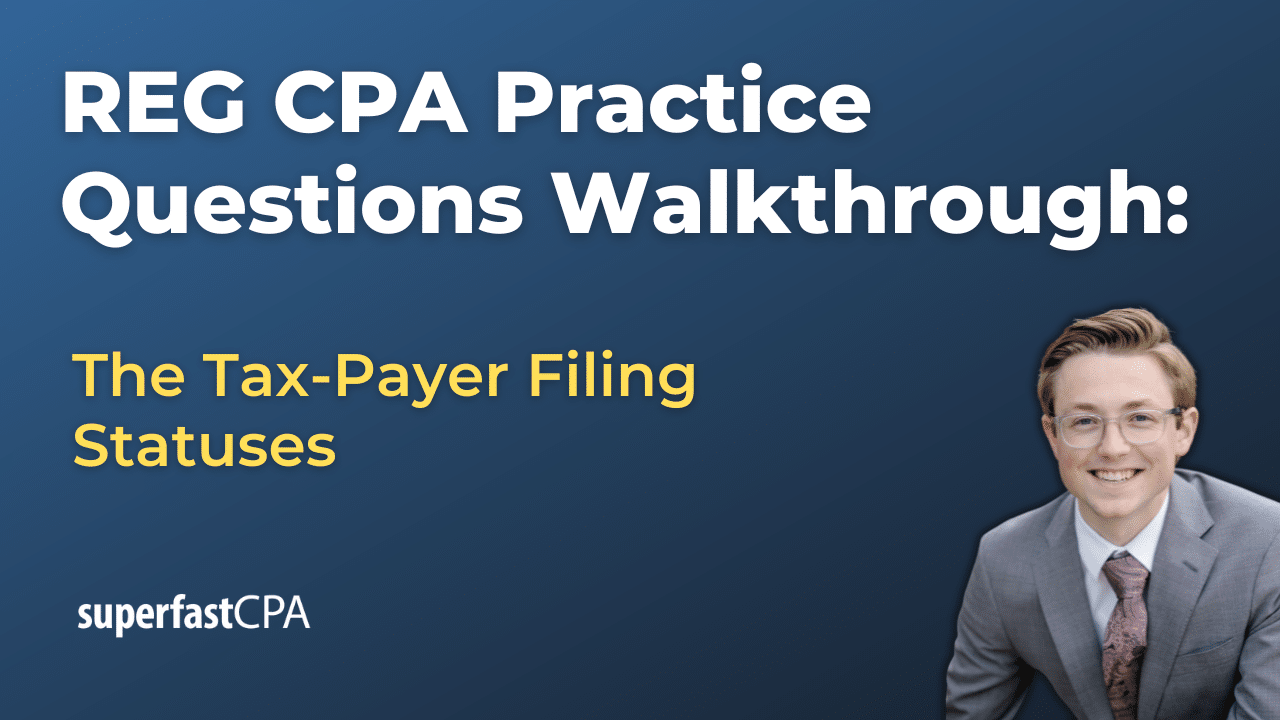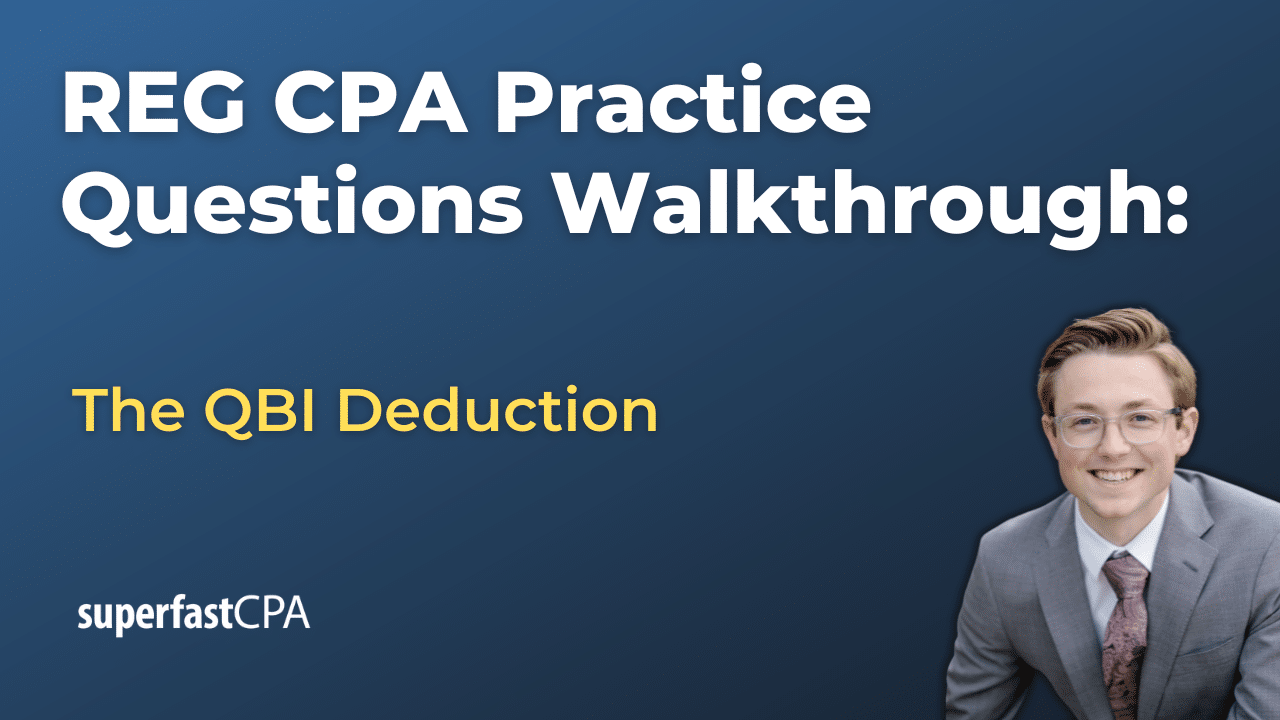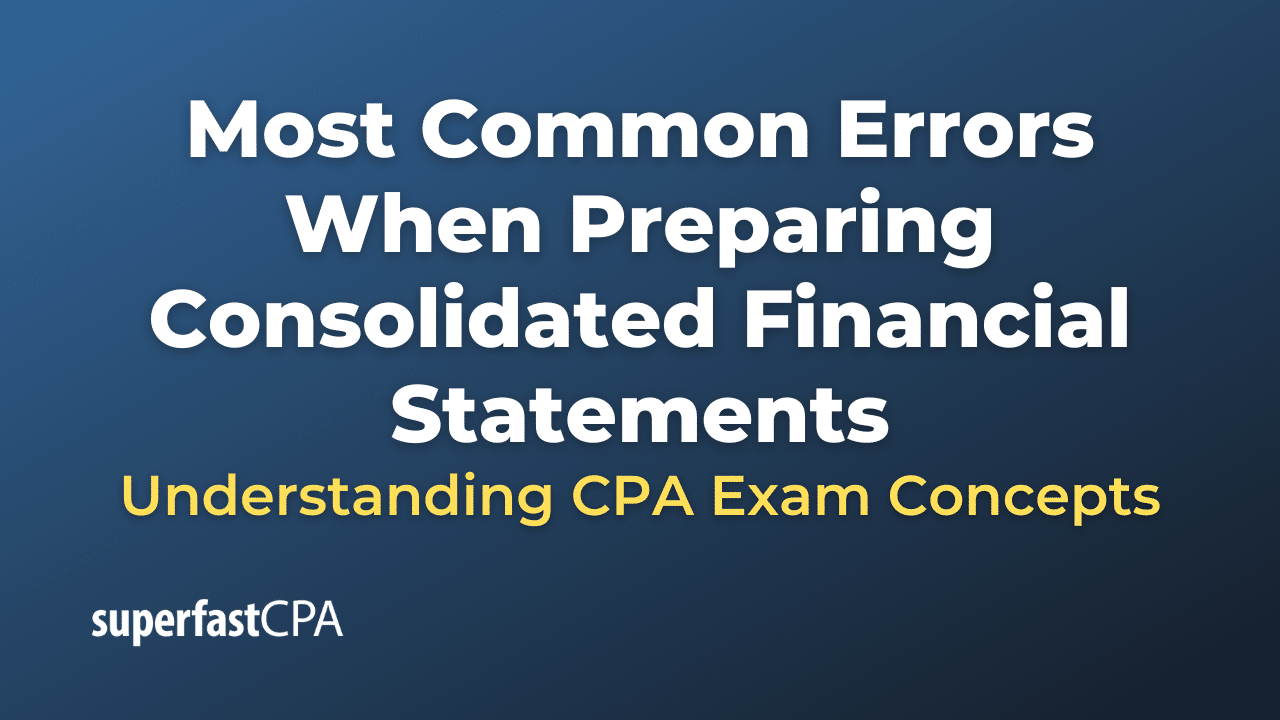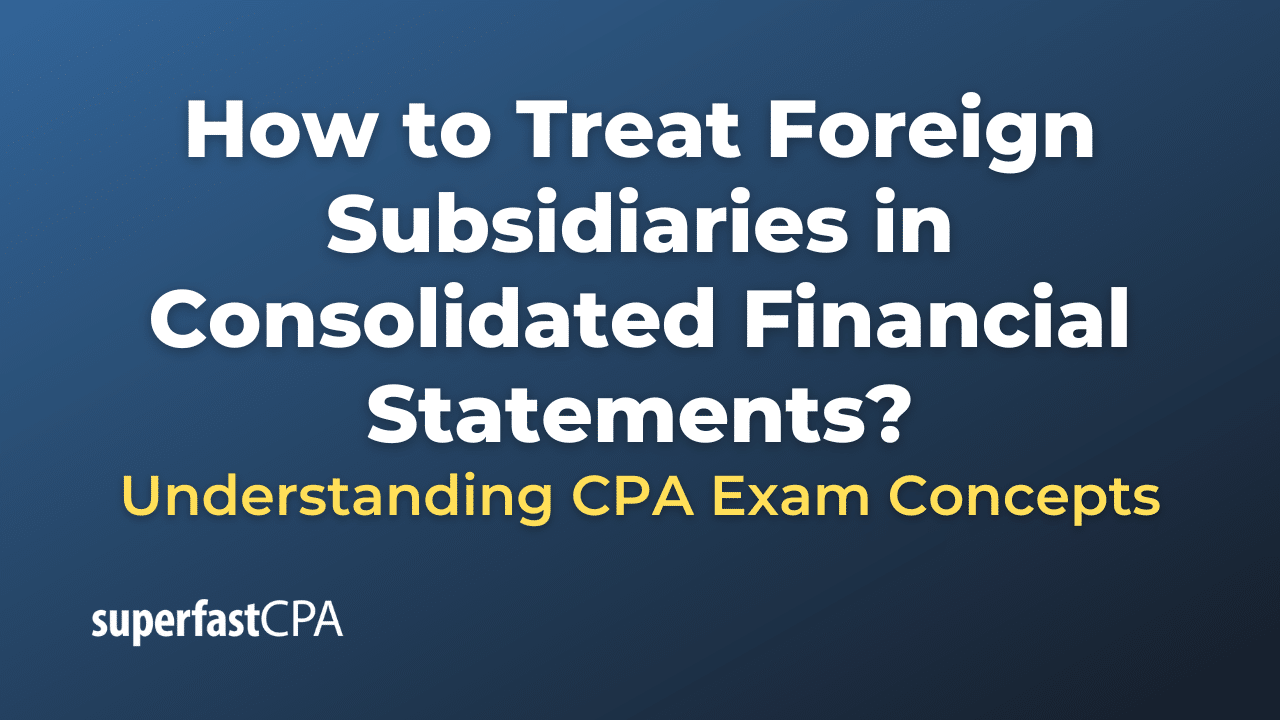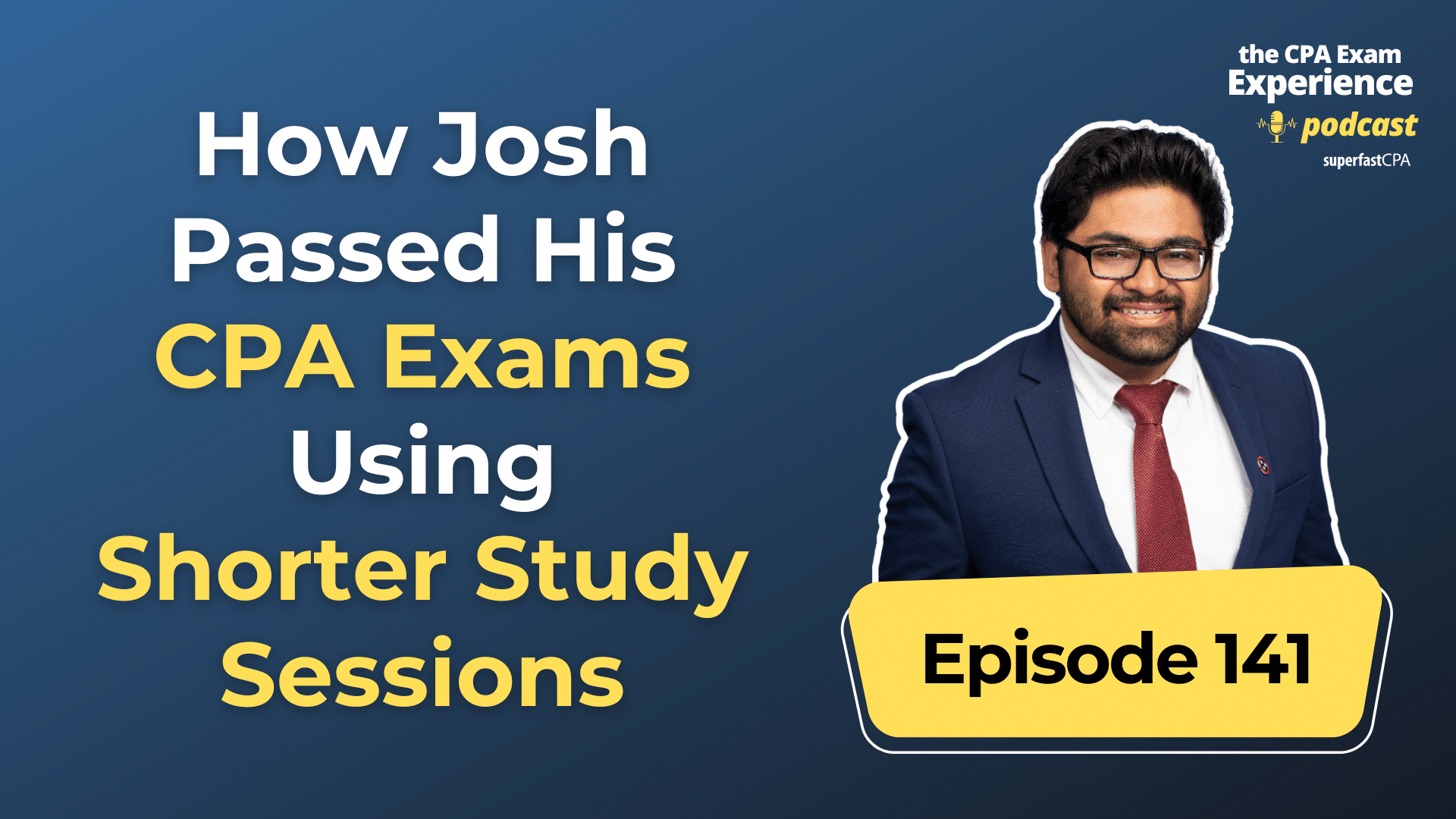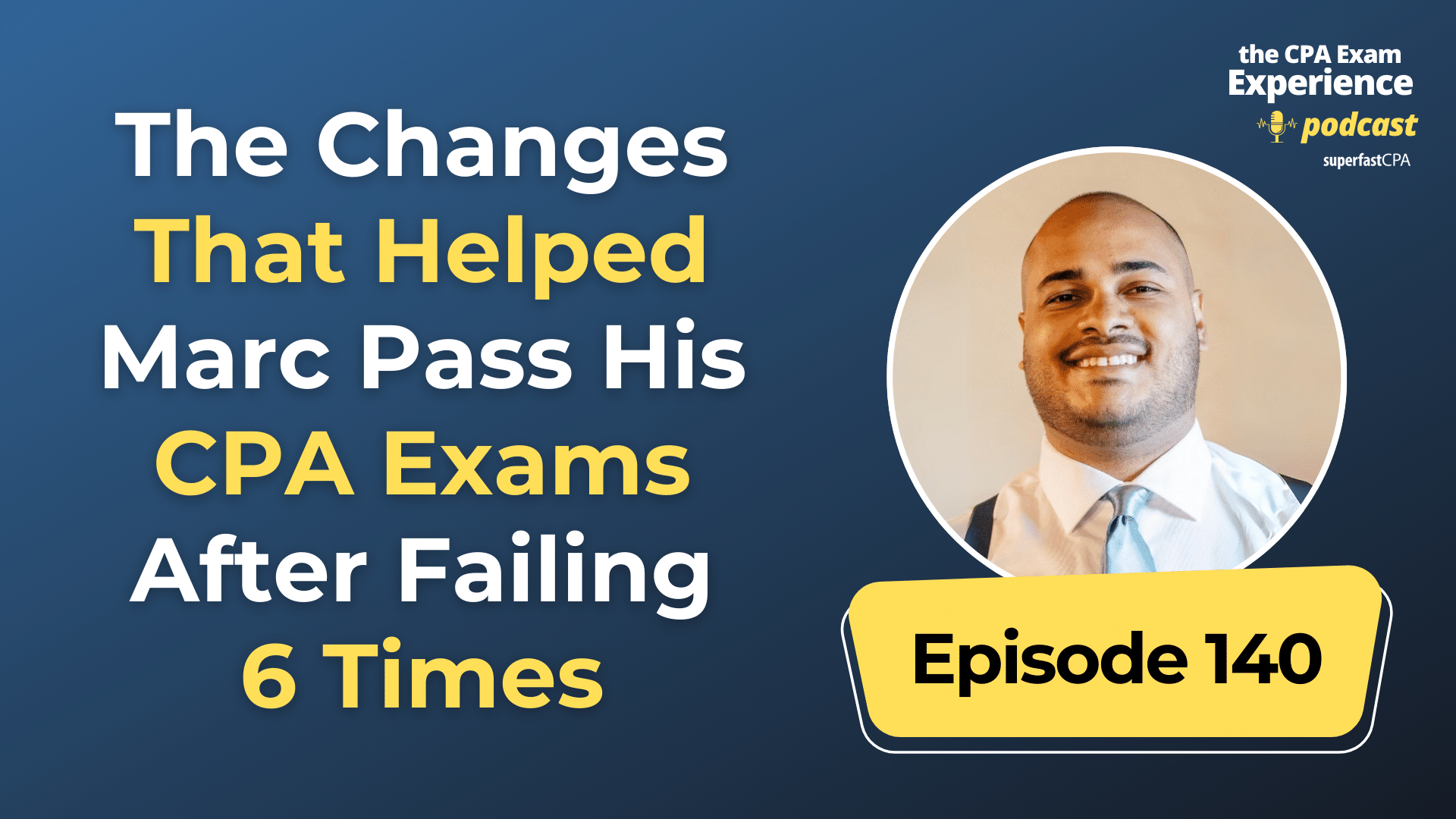Decedent
A decedent is a legal term used to describe a person who has died. The term is often used in the context of estate planning, probate, and inheritance matters. When a person dies, their estate (consisting of assets, property, and debts) needs to be managed and distributed according to their will, if they had one, or according to the laws of their jurisdiction if they died without a valid will (known as dying intestate).
The decedent’s estate is typically managed by an executor (if named in a will) or an administrator (appointed by a court in the absence of a will). The executor or administrator is responsible for identifying and gathering the decedent’s assets, paying off any outstanding debts, and distributing the remaining assets to the beneficiaries according to the will or the relevant intestacy laws.
The term “decedent” is commonly used in legal documents and court proceedings related to estate matters, and it helps differentiate the deceased person from other parties involved, such as beneficiaries, executors, or administrators.
Example of a Decedent
John Smith, a widower with two adult children, passes away at the age of 80. In legal terms, John Smith is now referred to as the “decedent.” Before his death, John had prepared a will in which he named his oldest child as the executor of his estate.
Upon John’s death, the executor has several responsibilities. They need to locate the decedent’s will, present it to the probate court, gather and appraise the decedent’s assets, pay any debts and taxes owed by the decedent’s estate, and distribute the remaining assets to the beneficiaries as specified in the will.
For example, the will might state that the decedent’s house should be sold and the proceeds divided equally between his two children. In this case, the executor is responsible for selling the house, paying off any mortgage or other debts associated with it from the sale proceeds, and then dividing the remaining money between the two children.
Throughout this process, legal and court documents would refer to John Smith as the decedent, helping to clarify his role in the proceedings as compared to the executor, the beneficiaries, and any creditors of his estate.

